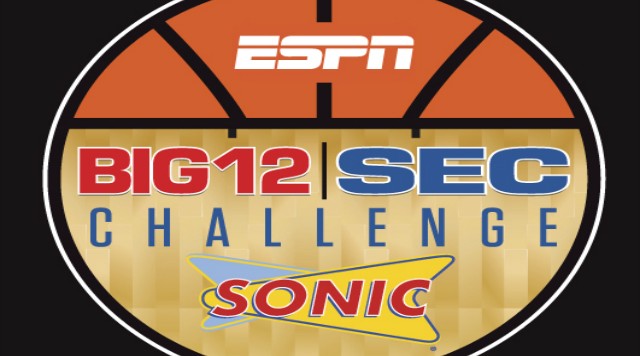The coming college basketball season has finalized a schedule for the latest Big 12-SEC Challenge.
Naturally, the fact that Kentucky and Kansas will meet is the headline story from the event. Wildcats-Jayhawks might receive more publicity than any other non-conference game on the road to the 2016 NCAA Tournament. John Calipari, Bill Self, and two teams that are supposed to be loaded will create a first-rate atmosphere charged with abundant electricity.
However, as much as UK-versus-KU might excite the senses, there’s a very significant story which might get lost in the excitement which will rightly greet Cats-Jayhawks. It’s something that another bunch of Wildcats from Philadelphia might want to pay attention to.
*
What do we wind up saying every March, when a highly-seeded team runs into an unexpected round-of-32 or Sweet-16 loss? The officiating is different.
Teams that are accustomed to a certain kind of whistle throughout the regular season then encounter a tournament game in which fouls are called differently. Sure, the contours of a specific matchup might well be different, but playing a game in a neutral arena without a familiar whistle can easily create a foreign feel, one a bunch of 19- and 20-year-olds aren’t able to handle.
Villanova has crashed out of the past two NCAA tournaments as a high seed, and for the Wildcats, it’s worth noting that like most power-conference teams, they spend two straight months — from early January through early March — locked in their own conference. It’s not just the familiarity of a conference whistle against regular conference opponents which can make NCAA tournament games so jarring for the likes of Villanova. What’s even more at the heart of these March flame-outs is that there’s no break in the long run of conference competition.
I have long felt that various schools should interrupt their conference schedules and play a neutral-site, non-conference game in late February to give themselves an adequate dress rehearsal for the Big Dance. Playing a final non-conference regular-season game — at least one imbued with an appreciable degree of significance — in late December seems to lose its value when lost in the fog of two months of conference games. The need to play a non-conference game in late February — or at least in very late January — seems obvious for a lot of teams that struggle in March.
The Big 12-SEC Challenge is a response to that need, especially for a Big 12 Conference that has stumbled in the last few NCAA tournaments.
Playing a non-conference game on January 30 could freshen up the Big 12 and SEC teams headed for the NCAAs. It will be fascinating to see if teams that were caught off guard and had a deer-in-the-headlights look in their eyes will become emboldened and decisive as a result of stepping out of their conference cocoon on Jan. 30. The SEC’s basketball credentials aren’t particularly robust beyond Kentucky and Florida, so that’s going to be its own separate conversation. However, if the Big 12 enjoys an excellent March Madness run in 2016, not only will the Big 12-SEC Challenge continue to be dumped in the middle of the conference season; you’ll see a lot more schools schedule non-conference games in late January and early February.
The composition and course of the NCAA tournament — and by extension, college basketball — could change in profound ways.
Not bad for a story buried in Kentucky-Kansas hype, yes?

